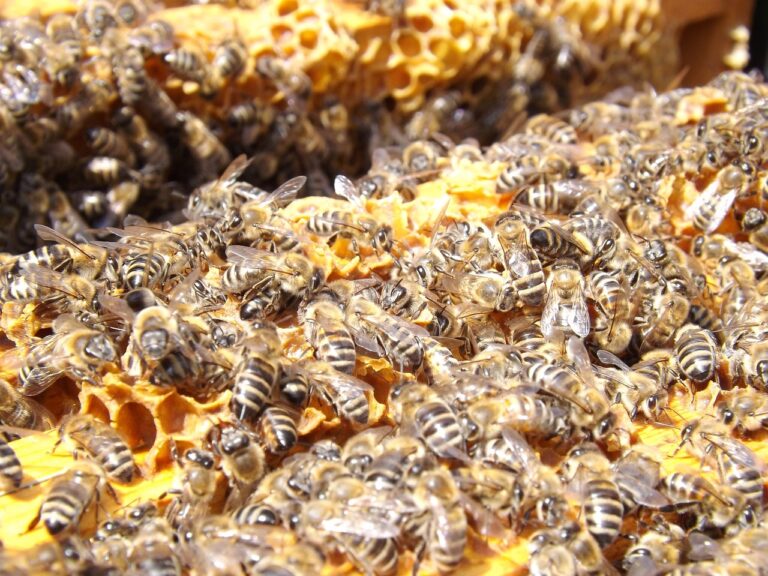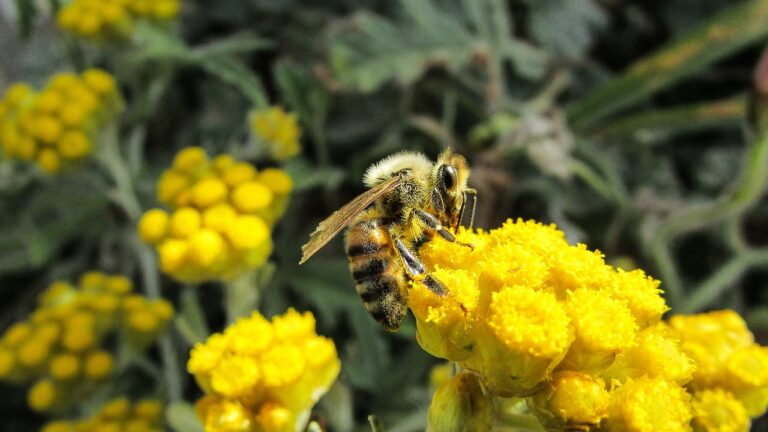The Future of Weather Broadcasting: 11xplaypro, The tiger 247 login, Betbook login
11xplaypro, the tiger 247 login, betbook login: The future of weather broadcasting is set to undergo significant changes in the upcoming years. With advancements in technology and the increasing demand for accurate and up-to-date weather information, the way we consume weather forecasts is evolving. In this blog post, we will explore some of the key trends shaping the future of weather broadcasting.
Increased Use of Artificial Intelligence
Artificial Intelligence (AI) is revolutionizing the way weather forecasts are generated. Machine learning algorithms can analyze vast amounts of data, including satellite imagery, radar data, and historical weather patterns, to predict future weather conditions with greater accuracy. AI-powered weather forecasting models are continuously improving, leading to more precise and reliable weather predictions.
Integration of IoT Devices
The Internet of Things (IoT) is also playing a crucial role in the future of weather broadcasting. IoT devices can collect real-time weather data from various sources, such as weather stations, sensors, and drones, and transmit this information to weather forecasting centers. This data can then be used to improve the accuracy of weather forecasts and provide more localized and personalized weather information to users.
Interactive and Real-time Weather Updates
In the future, weather broadcasts will become more interactive and personalized. Users will be able to access real-time weather updates on their smartphones, smartwatches, and other connected devices. They will also have the option to receive personalized notifications based on their location and weather preferences. Interactive maps and visuals will make it easier for users to understand complex weather information and plan their activities accordingly.
Enhanced Visualization Techniques
Advancements in visualization techniques are making weather forecasts more engaging and informative. High-definition graphics, 3D animations, and virtual reality simulations can help users visualize weather patterns and understand how they will impact their local area. Weather broadcasters are also experimenting with augmented reality technologies to create immersive weather experiences for viewers.
Collaboration with Climate Scientists
As climate change continues to impact global weather patterns, weather broadcasters are increasingly collaborating with climate scientists to provide more accurate long-term forecasts. By incorporating climate data and trends into their forecasting models, weather broadcasters can better predict extreme weather events, such as hurricanes, droughts, and heatwaves, and help communities prepare for these challenges.
Adoption of Sustainable Practices
In line with the growing focus on sustainability, weather broadcasting organizations are also adopting environmentally friendly practices. From reducing their carbon footprint to promoting eco-friendly initiatives, weather broadcasters are committed to protecting the environment and raising awareness about climate change. By incorporating sustainability into their operations, weather broadcasting organizations can set an example for other industries and contribute to a greener future.
Conclusion
In conclusion, the future of weather broadcasting is bright and filled with exciting possibilities. With the integration of AI, IoT devices, interactive technologies, and collaboration with climate scientists, weather broadcasters are poised to deliver more accurate, personalized, and engaging weather forecasts to users around the world. By staying ahead of technological advancements and embracing sustainable practices, weather broadcasting organizations can continue to evolve and meet the ever-changing needs of their audience.
FAQs
Q: Will weather broadcasting become fully automated in the future?
A: While AI technologies are automating many aspects of weather forecasting, human expertise and intervention will still be required to interpret data and make informed decisions.
Q: How can I access personalized weather updates on my smartphone?
A: Many weather apps and websites offer personalized weather notifications based on your location and preferences. Simply download a weather app or visit a weather website to set up personalized alerts.
Q: Are weather broadcasters considering the impact of climate change in their forecasts?
A: Yes, weather broadcasters are collaborating with climate scientists to incorporate climate data and trends into their forecasting models. This allows them to provide more accurate long-term forecasts and prepare communities for extreme weather events related to climate change.







